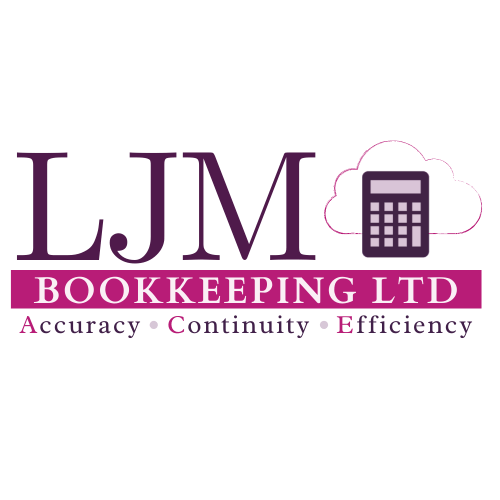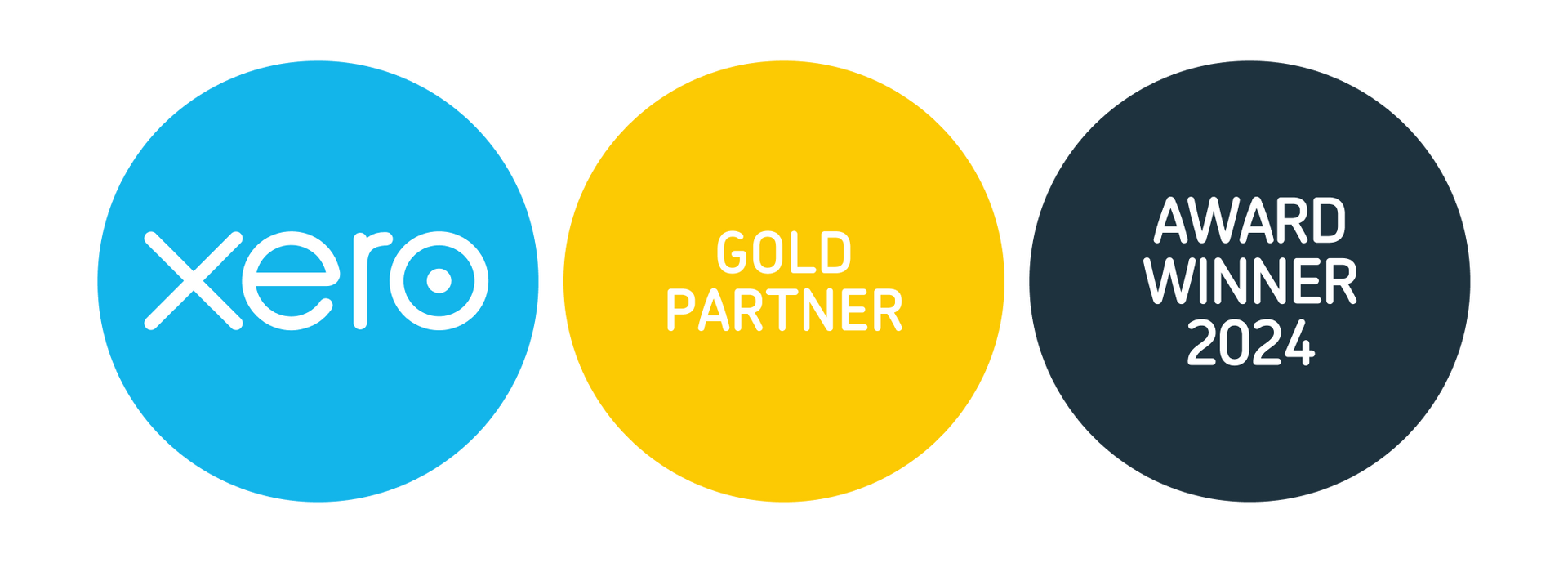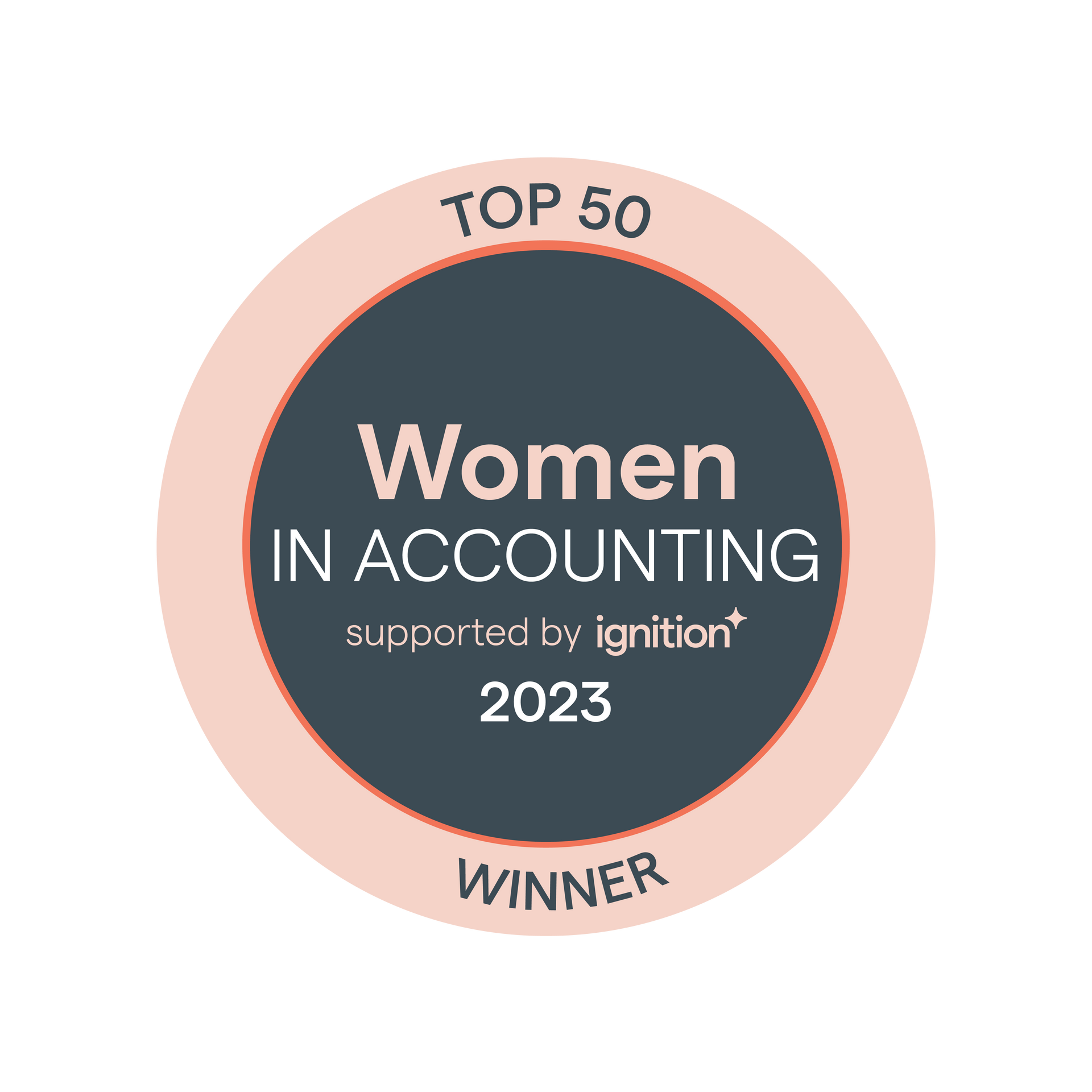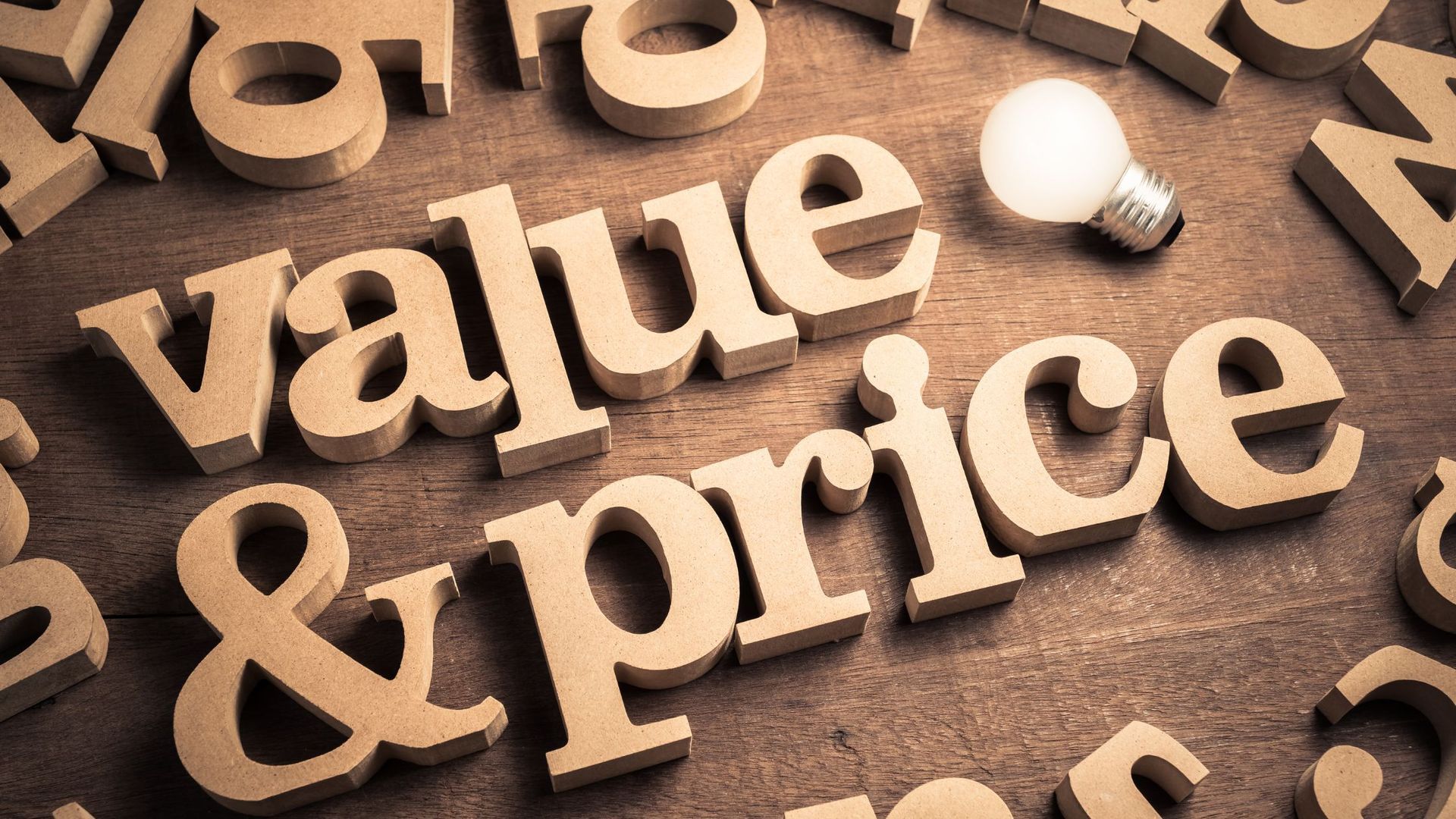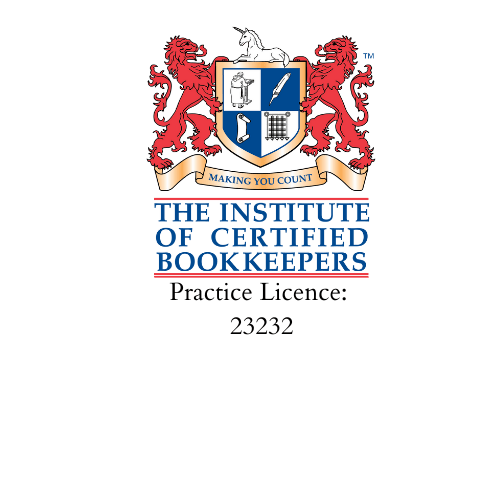Should I register for VAT?
It’s important to know when your business is ready to register for VAT. Whether that’s because you’ve reached the threshold or choose to do so voluntarily, it's important for your business that you know when and why you should register for VAT.
When you must register for VAT
The threshold is currently set at £85,000 VATable turnover (not including exempt income such as grants, or international sales), if you either exceed it or predict that you will it’s time to register. By this we mean if over the past 12 months your business has turned over a VATable income of £85,000, or if within the next 30 days your VATable turnover is expected to hit the threshold, make sure HMRC are aware. Your VAT registration date is the date you realised that you were no longer VAT exempt, not that date your turnover exceeds the threshold.
For example, on 1st June you find out that your VATable turnover will exceed the threshold by the end of the month. You must register for VAT by 30th June and your registration date would be 1st June.
If you have exceeded the VAT threshold over the past 12 months you must register for VAT. You must do so within 30 days from the end of the month that you first went over the threshold. Your registration date would then be the first day of the second month following the month you exceeded the threshold.
For example, between 10th June 2019 and 9th June 2020 your taxable turnover was £86,000 and it’s the first time that your business has exceeded the threshold, you must register by 30th July 2020. Your effective registration date would be 1st August 2020.
It’s important that these guidelines are followed to avoid penalty charges. If you register too late you will need to pay what is owed from the day of exceeding the threshold. You will then be fined depending on how late your submission is and how much you owe.
Registering voluntarily
You may ask, what’s the sense in voluntarily registering for VAT, it can have its advantages and disadvantages, but you must pay HMRC any VAT you owe from the date you are registered.
Once you register for VAT it allows you to charge VAT on goods or services which you sell, in turn it gives you access to claim VAT back against goods and services purchased by your business.
If you register voluntarily for VAT this means that if you do exceed the VAT threshold without realising you won’t be hit with fixed penalty costs.
Being VAT registered is good for your business reputation. As other businesses will be aware of what the VAT threshold is, seeing that you are VAT registered will give them the impression that your business is making more money than it actually is, meaning your business looks bigger to the wider audience, display your VAT registration number on your website and correspondence to show your business is successful and reputable.
Providing you have kept records you can claim back the VAT you paid when you started your business, providing the goods are still being used.
It is important to note that even if you voluntarily register for VAT you must adhere to the same rules and regulations as those who have to register.
Speak to your financial advisor for guidance on this. If you make the decision to register voluntarily for VAT and it's not the right time for your business, it may become costly.
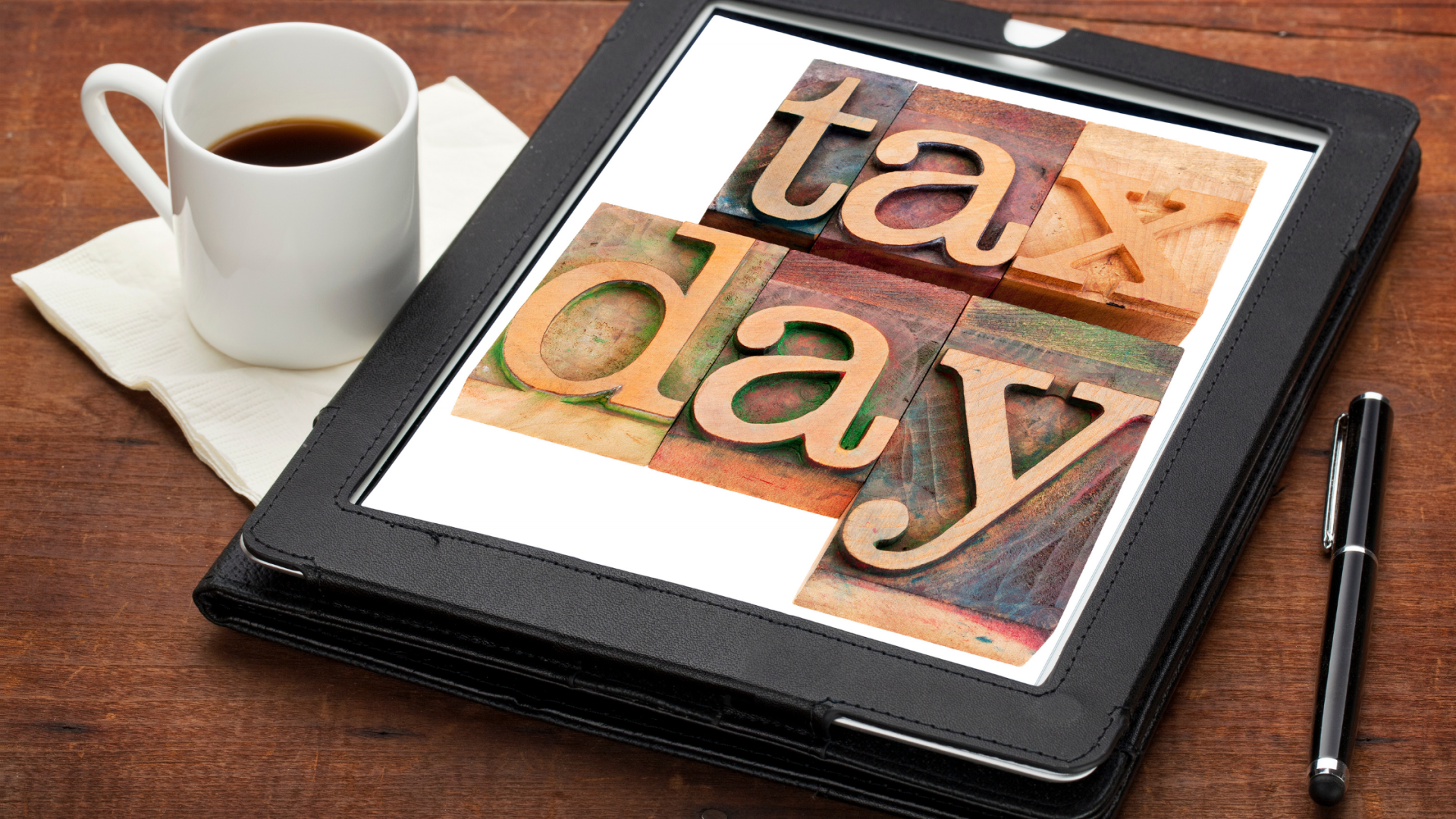
MTD
Don’t forget you will also need to comply with Making Tax Digital rules, which means you will also need to ensure you have compatible software. See our previous blog for more information.
Various VAT Schemes
You should be aware that not all VAT rates are the same.
Some of the schemes available
VAT Cash Accounting Scheme
In this scheme the amount of VAT you pay to HMRC is the difference between your sales and purchase invoices. These figures have to be reported and the money owed paid to HMRC even if the invoices haven’t yet been settled.
With this scheme you:
- Pay VAT on your sales when you get paid by your clients
- Reclaim VAT on purchases once you have paid your supplier
To participate in this scheme your VATable turnover must be, or be less than £1.35 million.
VAT annual accounting scheme
More often than not, businesses who are registered for VAT submit their returns and payments to HMRC 4 times a year.
Under this scheme you:
- Make advance VAT payments towards your VAT bill based on the last VAT return you made, or by estimating you VAT if you are new to the scheme
- Submit 1 VAT return
When you make your VAT return submission you either:
- Make a final payment which will be the difference between the payment you made in advance and the actual bill
- Apply for a refund if you overpaid
You will only be eligible for 1 refund per year, so the scheme would not suit businesses who regularly reclaim VAT.
To join this scheme your estimated VATable turnover must be £1.35 million or less
Flat Rate Scheme
This scheme is in place to simplify the way you record your sales and purchases. You’re only eligible if your turnover is no more than £150,000. You will not have to keep detailed records of invoices and this scheme helps to manage your cash flow. You can apply a fixed flat rate percentage to your gross turnover to get the VAT due, simply calculate the VAT due to HMRC as a percentage of your turnover. The Fixed rate percentage will depend on the type of your business.
Not all businesses can take advantage of this scheme. If your customers are VAT registered you will need to calculate the VAT in the normal way. If your business imports and exports goods outside the UK then this scheme becomes more complex, see the government website for further information on this.
This scheme can be combined with The Annual Accounting Scheme
Limited Cost Trader
This is for businesses who fall under the remit of the VAT flat rate scheme.If your VAT inclusive expenditure on goods is either:
- Less than 2% of your VATable turnover
- Greater than 2% of your VATable turnover but less than £1000 per annum if your accounting period is one year. If your accounting period is not 1 year then the figure is the relevant amount of the £1000.
There are restrictions on the goods and services that can be included for this calculation type. Some business expenses cannot be included such as capital expenditure, professional services and the cost of running vehicles.
If you have any further questions or need guidance about VAT and if it’s the right thing to register your business for, then please get in touch.
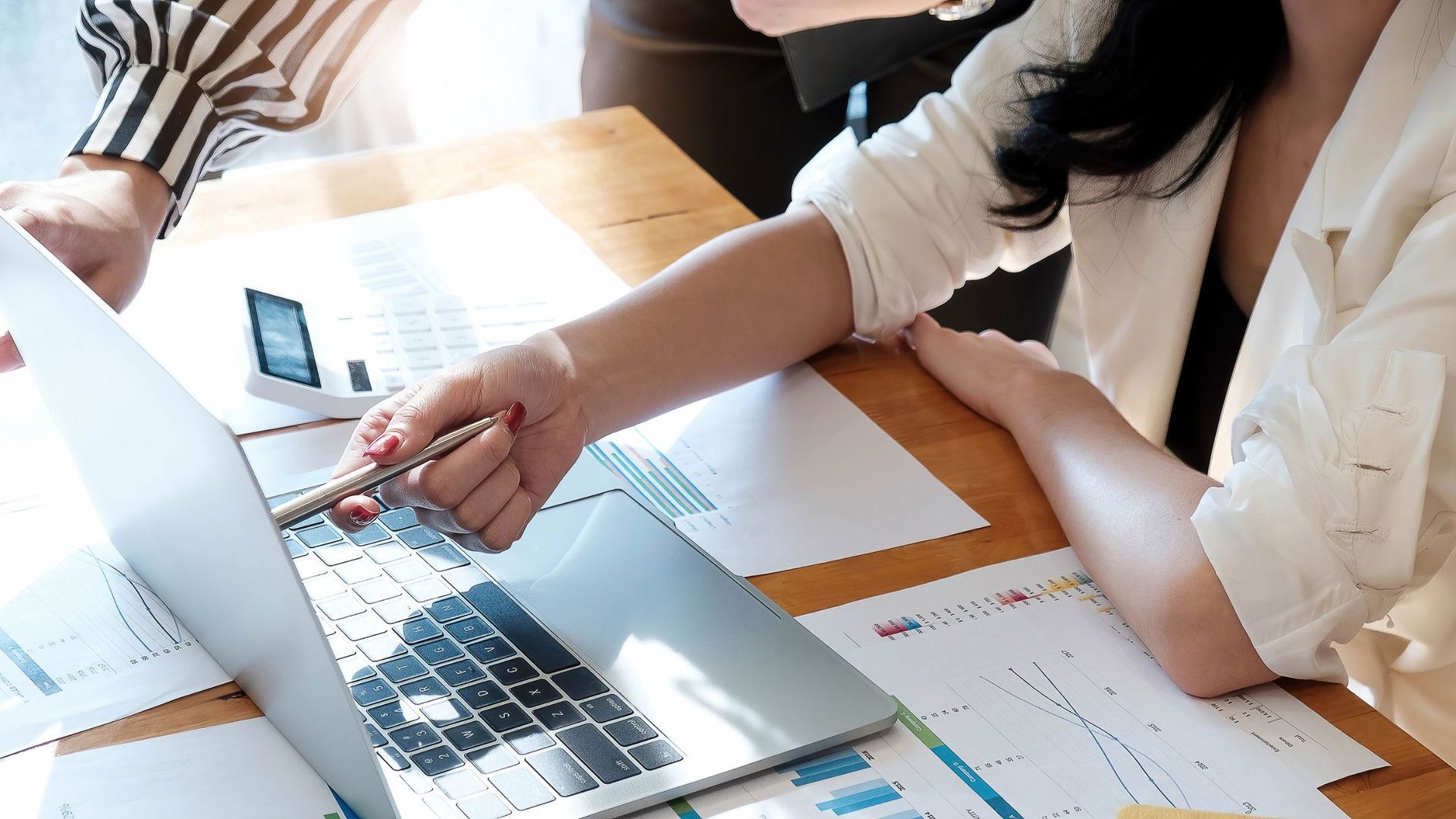
Join the mailing list
Contact Us
We will get back to you as soon as possible.
Please try again later.
